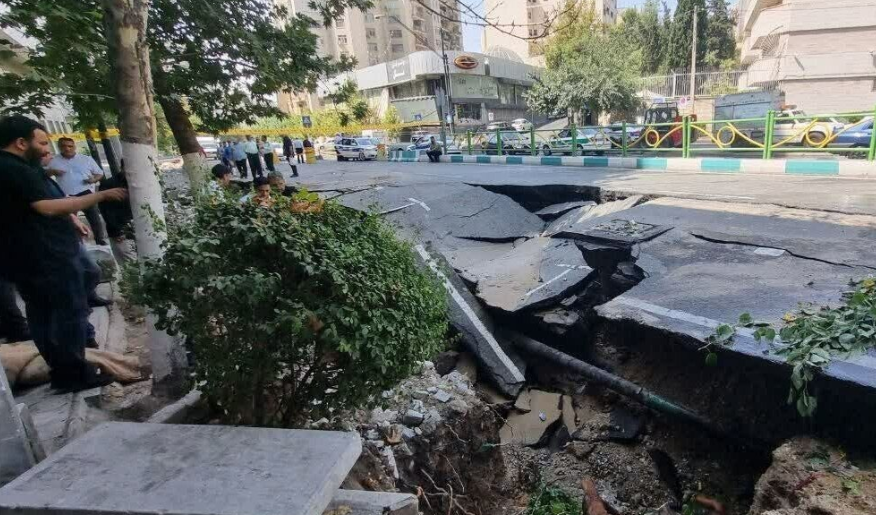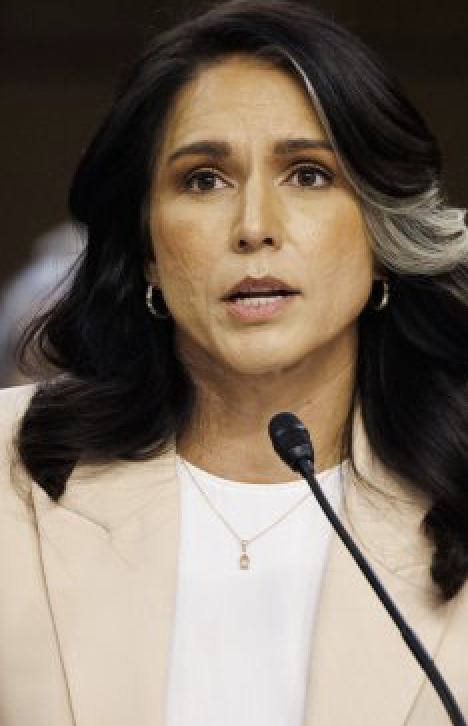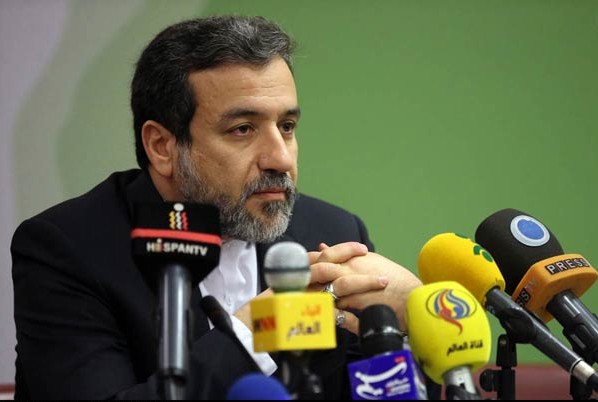January 22-2016
There has been much discussion about why the United States did not make the nuclear agreement with Iran dependent on the release of the Iranian-Americans jailed in Iran. But that is the diplomatic norm.
Like other nuclear arms-related agreements, the Joint Comprehensive Plan of Action (JCPOA) is predicated on the separation of nuclear proliferation from all other issues, reflecting the overriding importance that both the United States and the old Soviet Union gave to the issue of nuclear proliferation.
Those two countries decided decades ago that the nuclear issue was of such overriding importance that it must not be linked—or held hostage—to any other issue.
The JCPOA says nothing about Iranian behavior in the Middle East or Iran’s strategic posture towards the agreement’s various parties. It says nothing about foreign nationals held prisoner in Iran or Iran’s human rights failures.
This philosophy has underpinned several successful US non-proliferation efforts since the end of the Cold War. Business Insider magazine cited several examples.
The Nunn-Lugar Cooperative Threat Reduction program, the landmark US-led 1990s effort to secure loose fissile material in four post-Soviet states, wasn’t conditioned on Russian, Ukrainian, Belorussian, or Kazakh cooperation in any other sphere.
The agreed framework with North Korea in the 1990s did not require any North Korean action on any non-nuclear areas, even though it was signed on the cusp on a famine that would kill between 600,000 and 2.5 million people.
More recently, the New Strategic Arms Reduction Treaty between the US and Russia, which entered into force in early 2011, is just about the only aspect of the US-Russian relationship unaffected by the crisis over Moscow’s aggressive policies in Ukraine.
The New START’s survival reveals the depths of American and Russian conviction that nuclear-proliferation issues can and should be considered separate from prevailing geopolitical factors. The treaty entails US and Russian inspection of each other’s nuclear arsenals in order to ensure compliance, which means that Russian weapons inspectors have visited US nuclear weapons facilities even after the outbreak of the Ukraine crisis.
The JCPOA operates on a similar premise. And the measurement of the deal’s success depends on whether Iran meets the agreement’s stockpile control benchmarks — not on whether Iran becomes a constructive global citizen.
The JCPOA assumes that nuclear proliferation is a matter of such overwhelming importance that it is counterproductive to tie it to comparatively more mundane political or strategic questions.
Analysts say that, at worst, this dis-aggregation sets the stage for nuclear blackmail: States realize that non-proliferation is such an outsized concern to the US and its partners that bad actors can extract concessions and gain dramatic freedom of action simply by threatening to go nuclear.
On the other hand, in a best-case scenario, the separation reduces global nuclear tensions even in spite of mutual suspicion and open hostility.






















